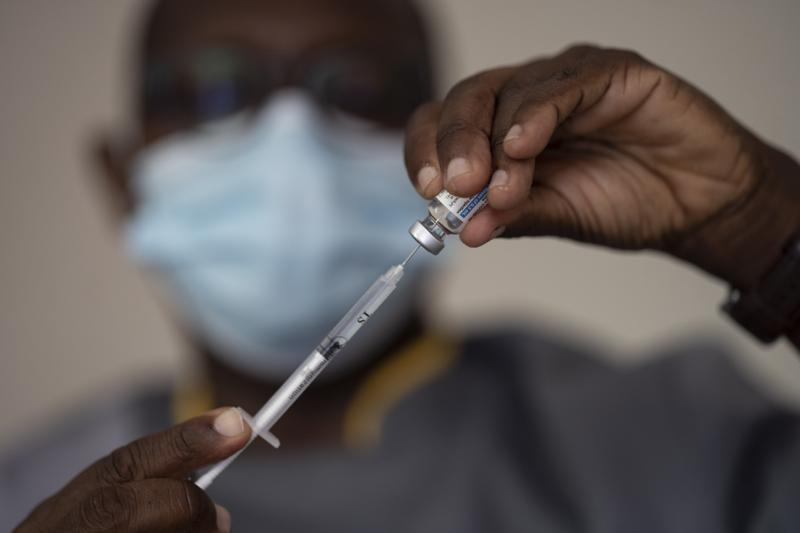The World Health Organization and its partners said they hope to provide Africa with about 30% of the COVID-19 vaccines the continent needs by February, badly missing the 60% vaccination coverage goal that African leaders had once hoped for this year.
At a press briefing Tuesday, WHO director-general Tedros Adhanom Ghebreyesus called the massive disparity in vaccination rates between rich and poor countries a “solvable problem” and called again for pharmaceutical companies to prioritize the U.N.-backed initiative known as COVAX, which is designed to share vaccines globally.
But drugmakers — including Pfizer-BioNTech and Moderna — have shown no indications they are eager to switch their current tactics, which involve appealing to rich countries and their regulators to authorize booster shots.
Tedros called last week for a “moratorium” on the use of boosters in healthy populations until the end of the year. Countries including Israel, France and Germany have already started dispensing third doses to certain people; the U.K. announced plans on Tuesday to offer boosters to anyone over 50 as well as younger people who might be more vulnerable to COVID-19.
In the U.S., the FDA is going to publicly debate the topic of boosters this week. In an opinion piece this week, two top FDA officials and senior WHO scientists wrote in the Lancet that the average person doesn’t need a booster shot.
To date, fewer than 4% of Africans have been fully immunized and most of the 5.7 billion vaccine doses administered around the world have been given in just 10 rich countries.
COVAX has missed nearly all its targets and has now resorted to begging rich countries to share their vaccine doses.
Dr. Seth Berkley, CEO of vaccines alliance Gavi, said COVAX expects to have 1.4 billion doses ready for delivery by the end of this year, about one quarter fewer than its original goal.
Afreximbank President Benedict Oramah warned that booster shots in Africa would require $500 million to $600 million more “on the conservative side,” and if the cost of logistics is included, that would mean $1 billion a year.
Strive Masiyiwa, the African Union’s envoy for COVID-19 vaccines, also called for export restrictions and intellectual property rights to be lifted to allow vaccine production within Africa.
In June, WHO and its partners launched a hub in South Africa intended to transfer technology needed to make the vaccines produced by Pfizer-BioNTech and Moderna, but none of those companies have yet agreed to share their vaccine recipes.
“It’s not an unreasonable call, because our neighbors in the U.S. supported these companies to produce some of these vaccines,” Masiyiwa said. “Now let this miracle to be available to all mankind.”
Lead photo via AP/Leo Correa.
Related Stories
‹
![]()
South Africa Starts Jabs for Elderly as Virus Surge LoomsWritten by ANDREW MELDRUM Spry and gray-haired, many dressed in their Sunday best or colorful African prints — and all sporting masks — dozens of South Africans aged 60 and over gathered at a government health clinic outside Johannesburg to get their COVID-19 shots. Some looked at vaccine notifications on their mobile phones, others clutched pieces […]
![]()
As Rich Nations Struggle, Africa’s Virus Response Is PraisedAt a lecture to peers this month, John Nkengasong showed images that once dogged Africa, with a magazine cover declaring it “The Hopeless Continent.” Then he quoted Ghana’s first president, Kwame Nkrumah: “It is clear that we must find an African solution to our problems, and that this can only be found in African unity.” […]
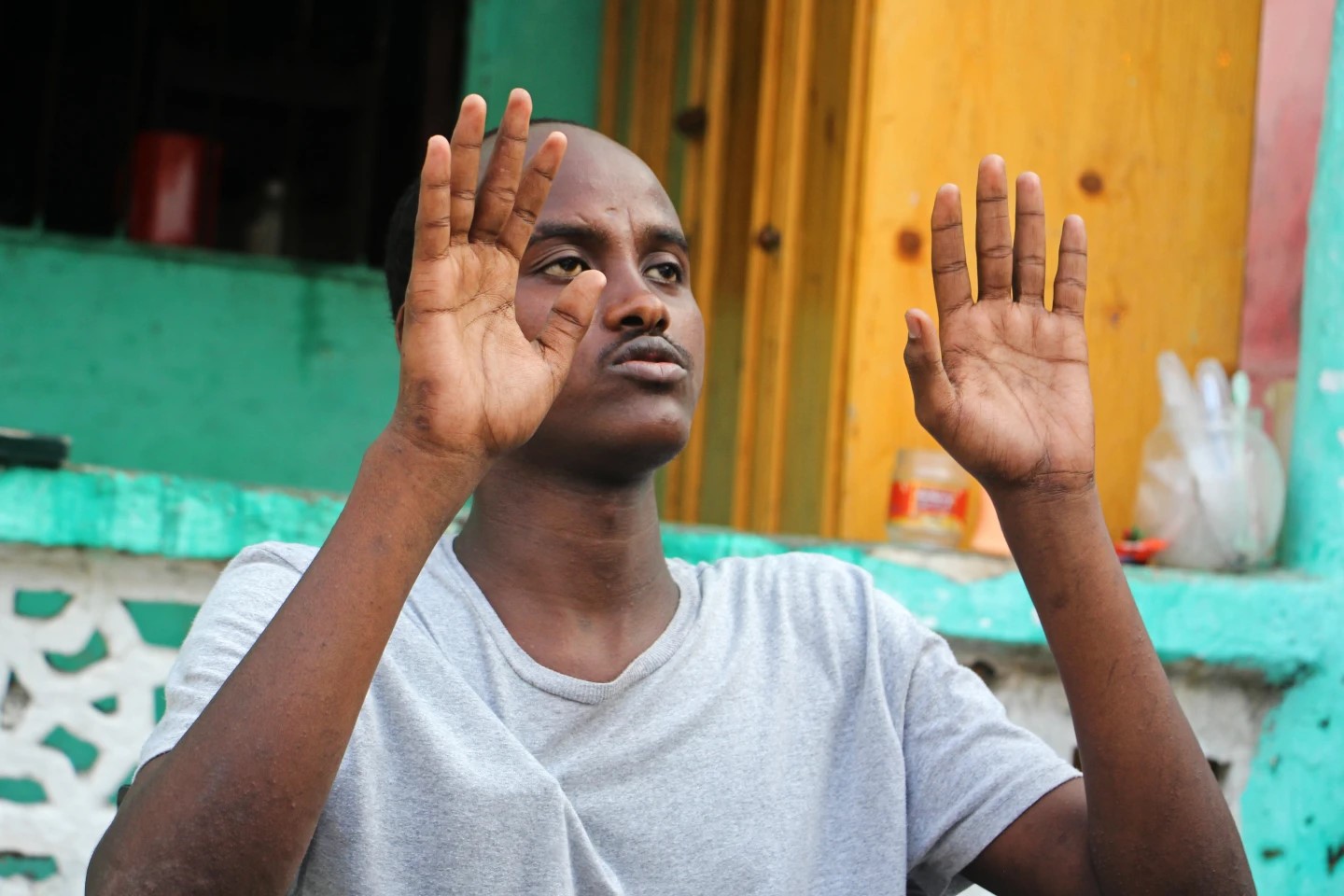
Why Somali Migrants May Still Aim for US Despite Travel RestrictionsSomali migrant Mohamed Abdi Awale endured horrors on an ill-fated journey across Africa to seek a better life in the West — but he’s determined to try again one day
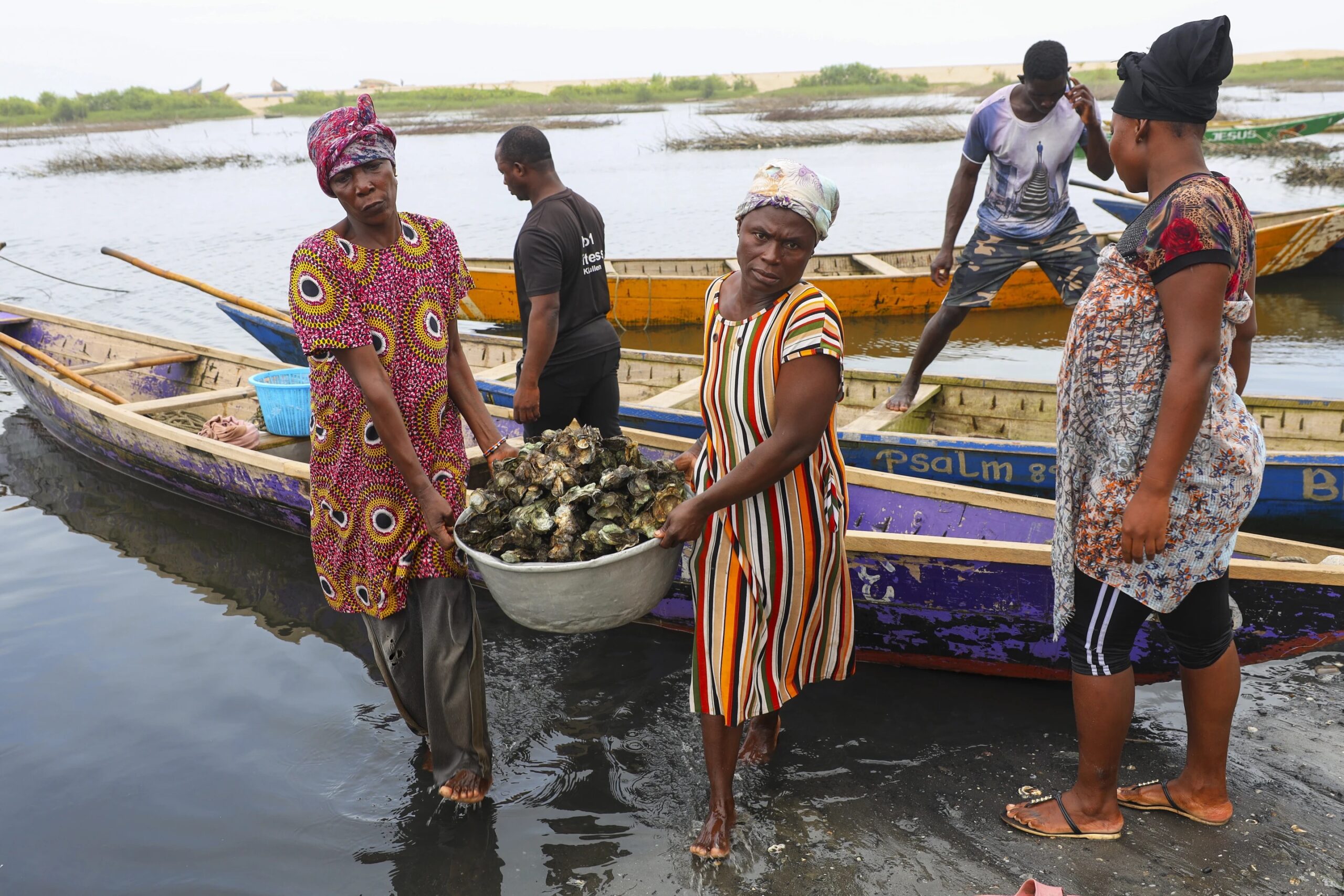
In Coastal Ghana, Female Oyster Farmers Try to Save an Old Practice Threatened by Climate ChangeIn Ghana’s coastal mangroves, oyster farming has been a key source of livelihood dominated for ages by women.
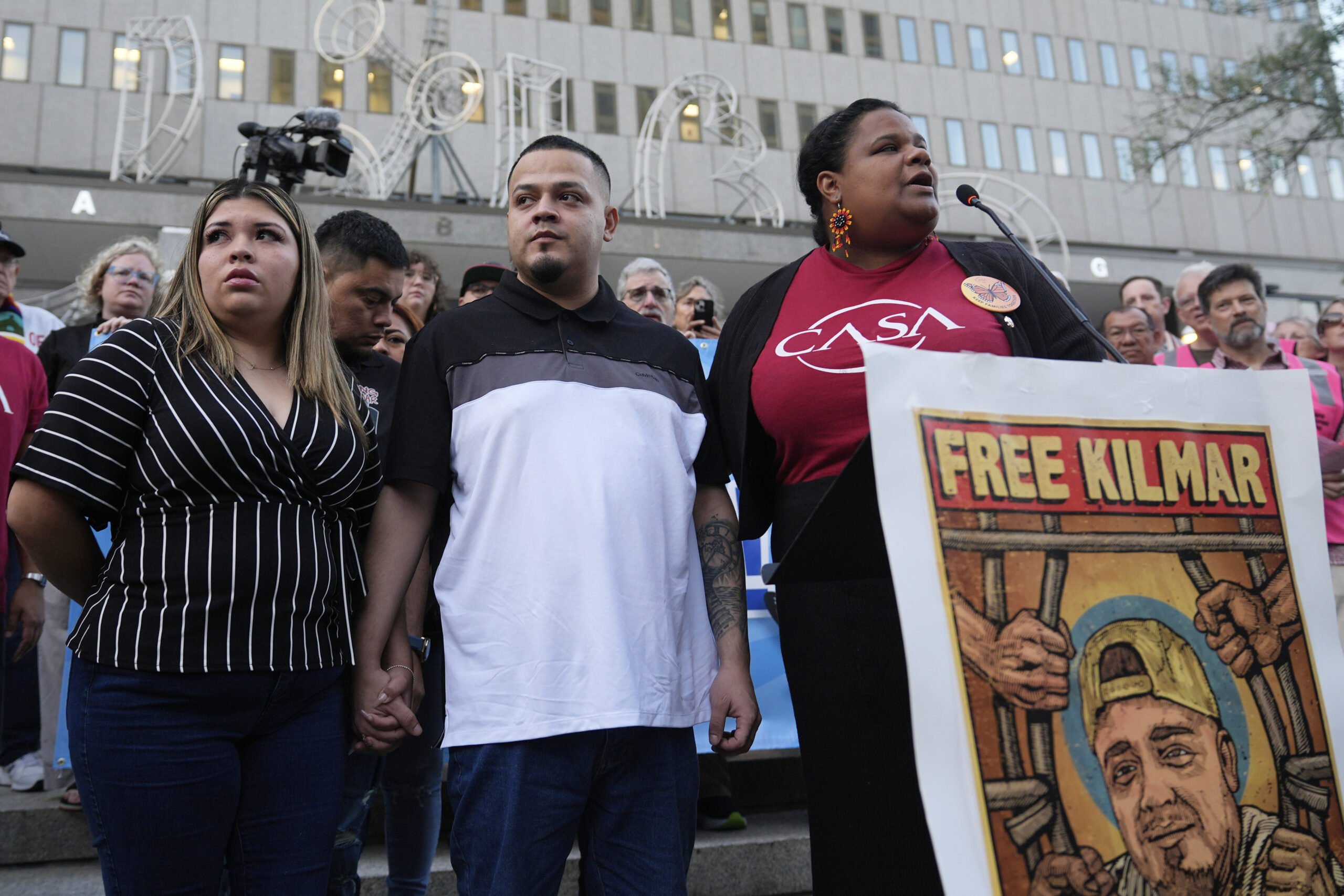
Some in Uganda Question a Deal To Receive Deportees From the US Like Abrego GarciaOpposition figures and others in Uganda on Tuesday criticized an agreement with the United States to receive deported migrants, questioning the lack of parliamentary approval.
![]()
On Air Today: Dr. David Wohl on mRNA Vaccine Funding CutsDr. David Wohl — an infectious disease researcher with UNC Health — speaks with 97.9 The Hill's Brighton McConnell on Wednesday, August 13.

RFK Jr. Pulls $500 million in Funding for Vaccine DevelopmentWritten by AMANDA SEITZ WASHINGTON (AP) — The Department of Health and Human Services will cancel contracts and pull funding for some vaccines that are being developed to fight respiratory viruses like COVID-19 and the flu. Robert F. Kennedy Jr. announced in a statement Tuesday that 22 projects, totaling $500 million, to develop vaccines using mRNA technology will […]
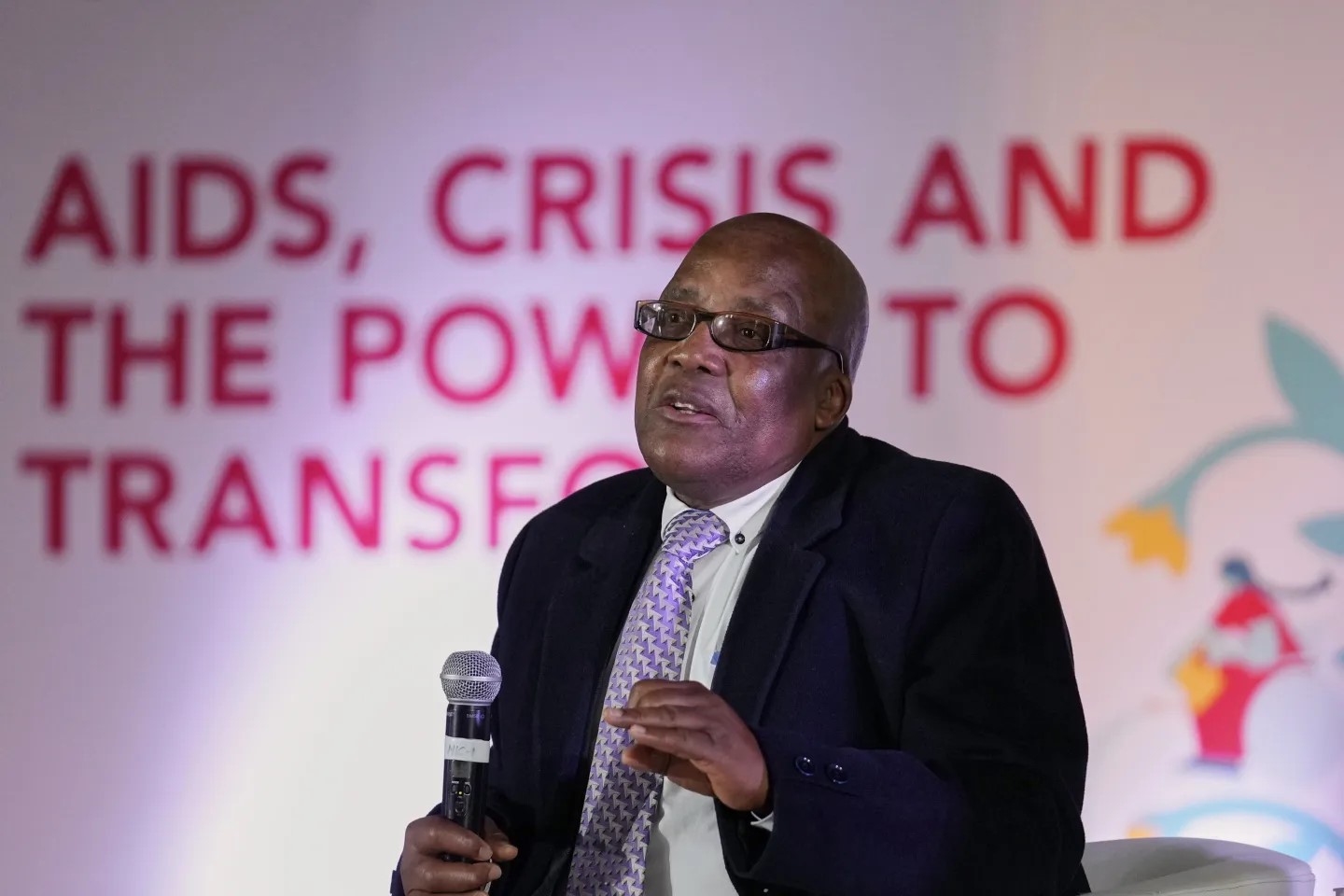
UN Says if US Funding for HIV Programs Is Not Replaced, Millions More Will Die by 2029In the last six months, the sudden withdrawal of U.S. money has caused a “systemic shock,” to the world's response to HIV infections.
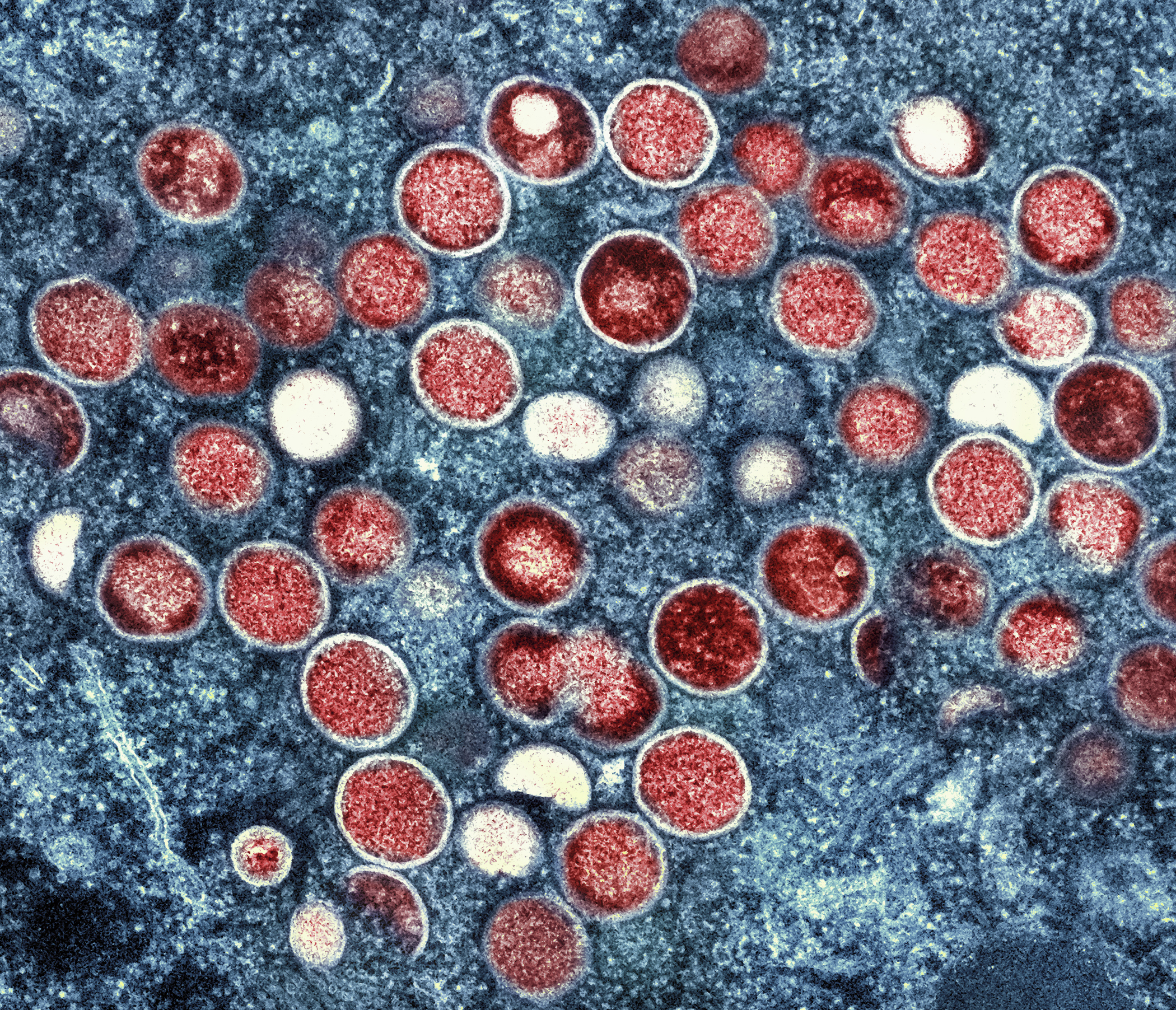
WHO Declares mpox Outbreaks in Africa a Global Health Emergency as a New Form of the Virus SpreadsThe World Health Organization declared the mpox outbreaks in Congo and elsewhere in Africa a global emergency on Wednesday, with cases confirmed among children and adults in more than a dozen countries.
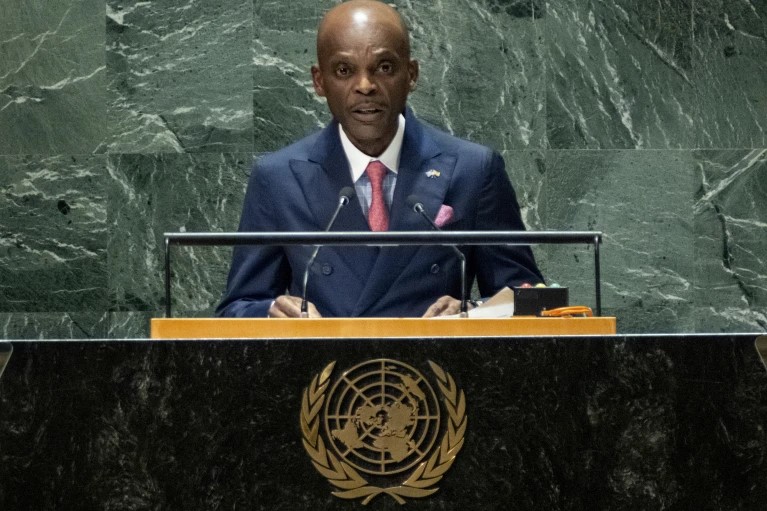
Many Powerful Leaders Skipped the UN This Year. That Created Space for Emerging Voices To RiseWritten by TED ANTHONY Togo’s foreign minister wasn’t having any of it. He talked of an accelerating “African awakening,” of a resolve to “fight our own battles,” of a refusal to be banished to the children’s table while the musclebound great powers of the 20th century moved chess pieces around the board. “Nobody is at […]
›

